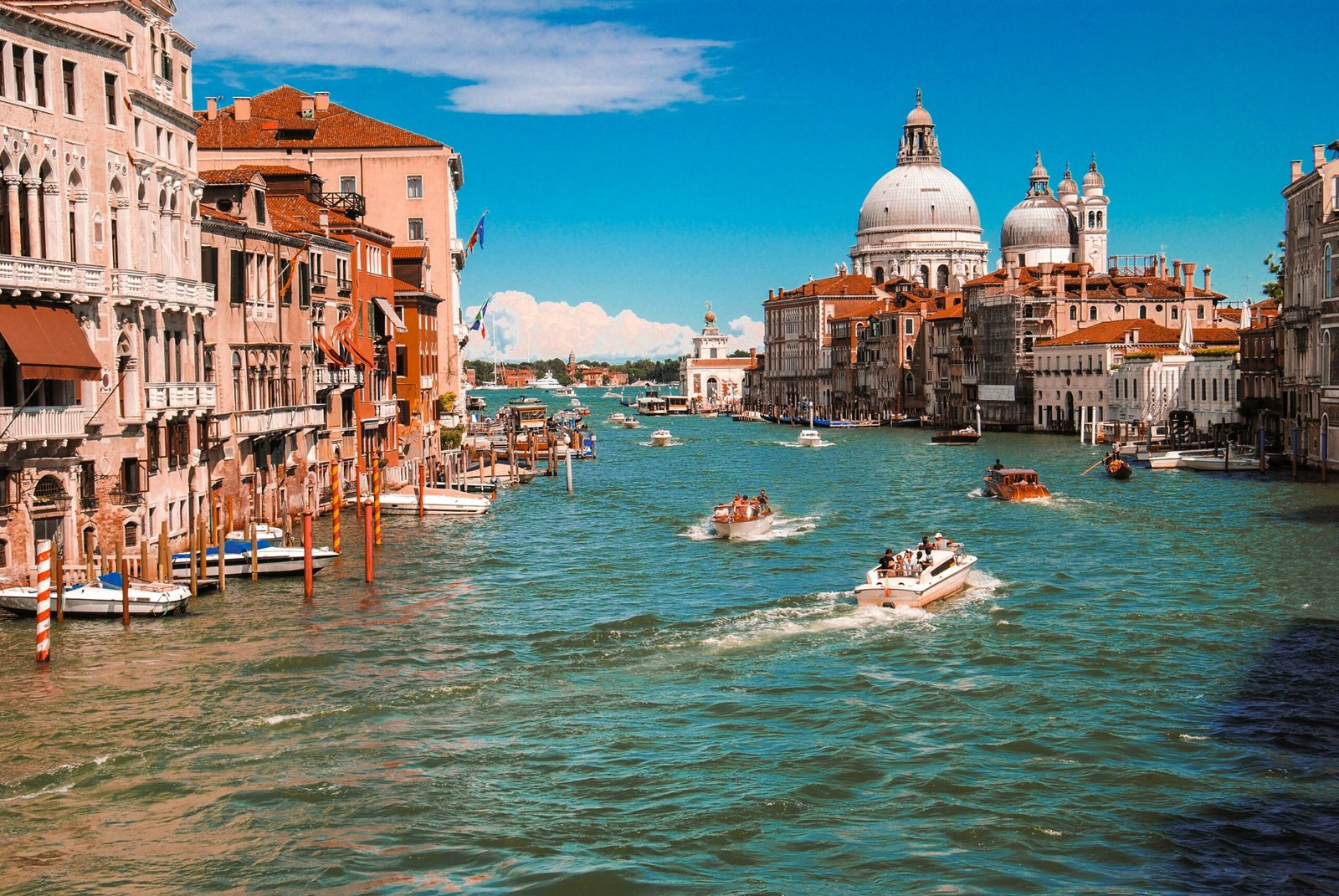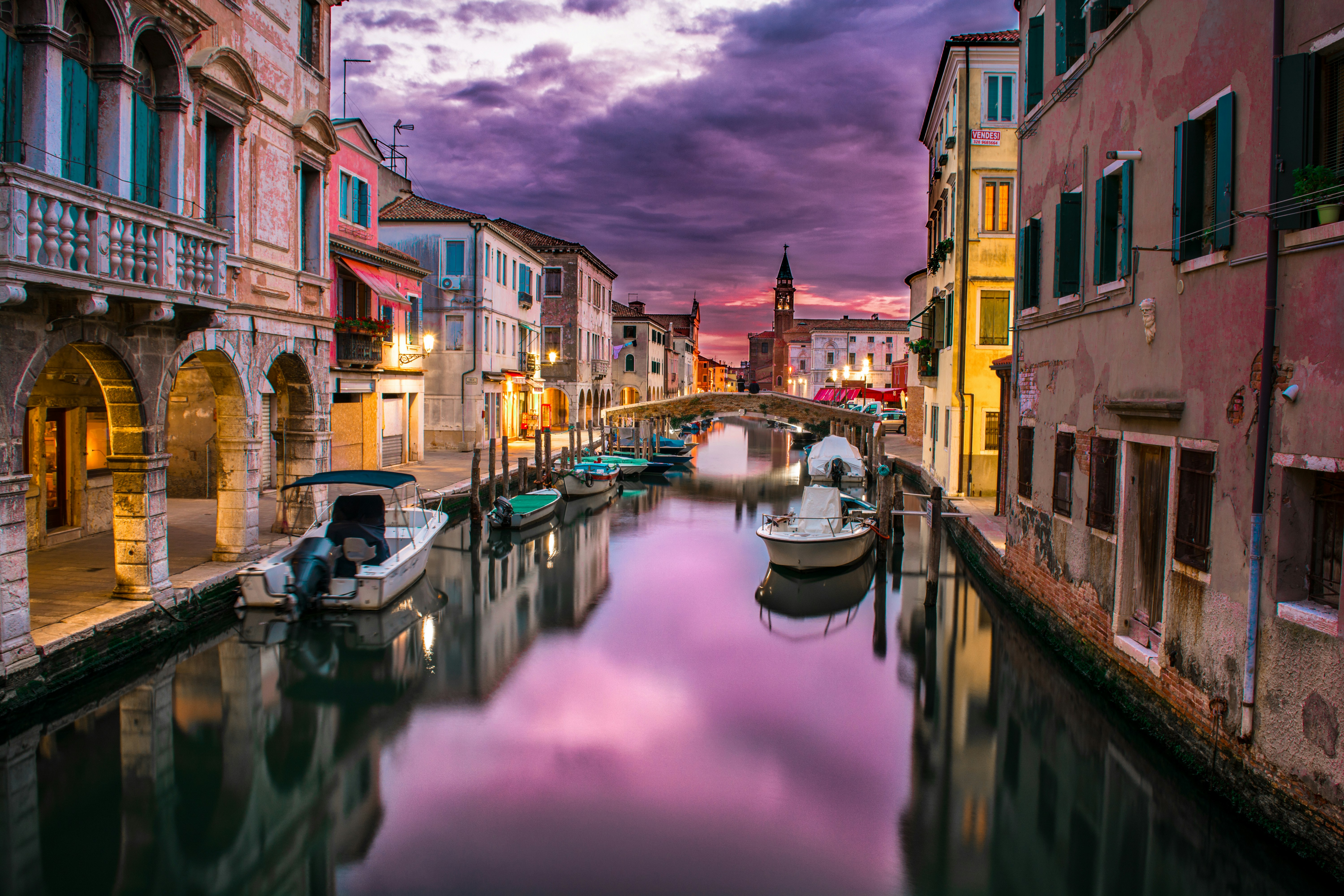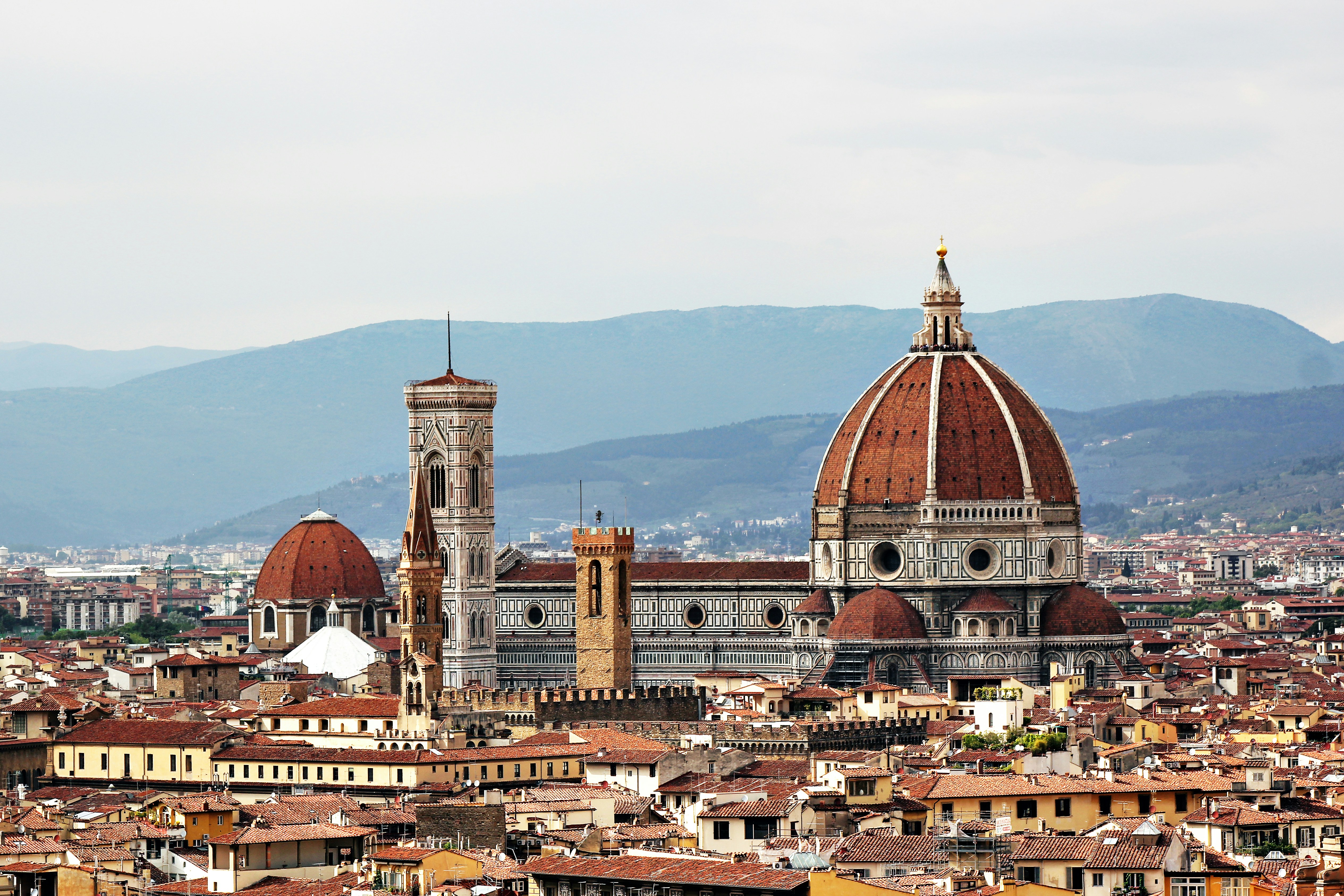Imagine sipping a glass of rich, velvety Italian wine, its flavors dancing on your palate and transporting you to the sun-soaked vineyards of Tuscany. As you relish in this moment, have you ever wondered about the origins of Italian viticulture? Step back in time and explore the fascinating role played by the Etruscans in shaping Italy’s wine legacy. Emerging in ancient Italy, these enigmatic, wine-loving people left an indelible mark on the art and science of winemaking, establishing the foundations for Italian viticulture as we know it today. Journey with us as we uncover the captivating story of how these ancient trailblazers nurtured the grapes that would contribute to Italy’s world-renowned wine culture.
Introduction
Italian viticulture, known for its rich history and exquisite wines, owes much of its development to the ancient Etruscans. From the pre-Etruscan era to their influence on winemaking techniques and trade, the Etruscans played a significant role in shaping the viticultural landscape of Italy. In this article, we will explore the ancient origins of Italian viticulture, the Etruscan influence on winemaking, their techniques, trade and commerce, as well as the religious and cultural significance of wine in Etruscan society. We will also look at the legacy of Etruscan viticulture, their decline, and the archaeological evidence that provides valuable insights into their wine culture.
Ancient Origins of Italian Viticulture
Pre-Etruscan Era
Long before the arrival of the Etruscans, ancient Italy was already home to a thriving grape cultivation culture. Evidence suggests that viticulture in the Italian peninsula dates back to the Bronze Age, with various indigenous cultures cultivating grapes for winemaking. These early societies recognized the value of grapes and began to experiment with winemaking techniques.
Etruscan Arrival in Italy
Around the 8th century BCE, the Etruscans, an ancient civilization known for their advancements in agriculture and trade, arrived in Italy. This migration brought significant changes to the viticultural landscape of the region. The Etruscans established settlements and cultivated vines in what is now modern-day Tuscany, Lazio, and Umbria, among other regions. Their influence on viticulture would leave a lasting impact on the development of Italian winemaking.

Etruscan Influence on Viticulture
Spread of Grape Cultivation
One of the primary contributions of the Etruscans to Italian viticulture was the spread of grape cultivation. They introduced new grape varieties to different regions, diversifying the types of grapes used for winemaking. These varieties were well adapted to the Italian climate and soil conditions, allowing for the cultivation of grapes in previously untapped regions.
Introducing New Winemaking Techniques
The Etruscans revolutionized winemaking in Italy by introducing new techniques that improved the quality of wines. They were among the first to practice vineyard management, utilizing trellises and pruning methods to optimize grape production. Additionally, they enhanced winemaking through the use of specialized equipment, such as the wine press and strainers, which allowed for more efficient extraction of juice from grapes.
Etruscan Winemaking Techniques
Use of Amphorae
The Etruscans were known for their use of amphorae, large earthenware vessels, to store and transport wine. These containers, often adorned with intricate designs and inscriptions, were the hallmark of Etruscan winemaking. The use of amphorae provided ideal conditions for wine aging, allowing flavors to develop and mellow over time. This technique ensured that Etruscan wines had a distinct depth and complexity.
Terracotta Flask Techniques
In addition to amphorae, the Etruscans also used terracotta flasks for winemaking. These flasks, with their unique shapes and designs, were specifically crafted to enhance the fermentation and maturation process. The terracotta material allowed for a controlled exchange of oxygen, resulting in wines with distinct aromas and flavors. The Etruscans’ mastery of terracotta flask techniques set the foundation for future winemaking practices in Italy.
Trade and Commerce
Etruscan Wine Exportation
The Etruscans were skilled traders, and their wines played a significant role in their commercial endeavors. Etruscan wines were highly sought after and gained popularity throughout the Mediterranean region. Through extensive trade networks, the Etruscans exported their wines to various destinations, including Greece and Egypt. This exportation not only brought valuable commodities to the Etruscans but also contributed to the spread of their winemaking techniques and cultural influence.
Influence on Mediterranean Wine Trade
The Etruscans’ dominance in wine trade had a profound impact on the Mediterranean wine market. They established themselves as major players in the wine industry, and their expertise and reputation attracted wine enthusiasts from far and wide. The demand for Etruscan wines spurred the growth of vineyards and winemaking practices in other regions, ultimately shaping the broader Mediterranean wine trade.
Religious and Cultural Significance
Wine in Etruscan Religion
Wine held immense religious significance in Etruscan society. It was closely associated with the gods and featured prominently in religious rituals and offerings. Wine was believed to bridge the gap between mortals and deities, serving as a conduit for spiritual communication. The Etruscans believed that through the consumption of wine, they could connect with the divine realm and gain insight into the future.
Wine in Etruscan Ceremonies
In addition to religious rituals, wine played a central role in Etruscan ceremonies and social gatherings. Festivals and banquets were occasions for the Etruscans to celebrate and indulge in the pleasures of wine. Wine was seen as a symbol of abundance, prosperity, and hospitality. Through their lavish feasts and wine-centric ceremonies, the Etruscans established a cultural tradition that would endure for centuries to come.
Legacy of Etruscan Viticulture
Continuity of Etruscan Winemaking Practices
Despite the eventual decline of Etruscan civilization, their winemaking practices continued to shape Italian viticulture. Many of the techniques introduced by the Etruscans, such as vineyard management and the use of specialized equipment, were adopted and further refined by subsequent cultures. The knowledge and expertise passed down from the Etruscans laid the foundation for the flourishing Italian wine industry we know today.
Influence on Roman Viticulture
The Etruscans’ impact on Italian viticulture extended beyond their own civilization and into the Roman Empire. When the Romans conquered Etruscan territories, they recognized the value of Etruscan winemaking knowledge and eagerly adopted their techniques. This transfer of knowledge played a pivotal role in the expansion of Roman viticulture, helping establish Italy as a dominant force in the wine world.
Decline and Disappearance
Decline of Etruscan Civilization
The decline of Etruscan civilization, attributed to a combination of factors such as invasions, political instability, and the absorption of Etruscan territories into the Roman Empire, marked the end of their dominance in viticulture. The Etruscans’ wine culture faded into obscurity as their civilization dwindled, but their contributions to Italian winemaking would not be forgotten.
Shift in Power to Roman Empire
With the rise of the Roman Empire, Italy underwent a transformation in its political and cultural landscape. The Romans, influenced by the Etruscans, took control of viticulture and expanded wine production throughout their vast empire. Roman winemaking techniques and preferences became dominant, overshadowing the Etruscan legacy. However, traces of Etruscan viticulture can still be seen in certain regions of Italy, serving as a reminder of their inimitable contributions.
Archaeological Evidence
Excavations and Discoveries
Archaeological excavations have unearthed valuable artifacts and structures that provide insights into Etruscan viticulture. From the remains of vineyards and winemaking facilities to the discovery of amphorae and terracotta flasks, these finds offer a glimpse into the Etruscans’ winemaking practices. Researchers continue to explore and analyze these archaeological treasures, shedding light on the ancient wine culture of the Etruscans.
Analysis of Etruscan Wine
Through modern scientific techniques, researchers have been able to analyze the chemical components of ancient Etruscan wines. By studying residue found in amphorae and other pottery vessels, scientists have identified traces of specific grape varieties and fermentation techniques used by the Etruscans. Such analysis deepens our understanding of Etruscan winemaking practices and allows us to appreciate the complexities of their wines.
Conclusion
The Etruscans played a pivotal role in the development of Italian viticulture. Through their spreading of grape cultivation, introduction of new winemaking techniques, and extensive trade and commerce, the Etruscans shaped the foundations of Italian wine culture. Their religious and cultural significance, as well as their enduring legacy in Roman viticulture, further cemented their influence. Though the Etruscans may have faded into history, their contributions to Italian viticulture live on through the remarkable archaeological evidence and the timeless tradition of winemaking in Italy. Cheers to the Etruscans, the vintners of the ancient past, whose passion for wine continues to enthrall us today.

Franco Deville, an esteemed wine connoisseur and author, is the visionary behind “Wines of Madeira.” His extensive background in viticulture and wine tasting enriches his detailed guide on Madeira wines. Franco’s dedication to traditional winemaking and innovative approaches has established him as an influential voice in the wine community.


